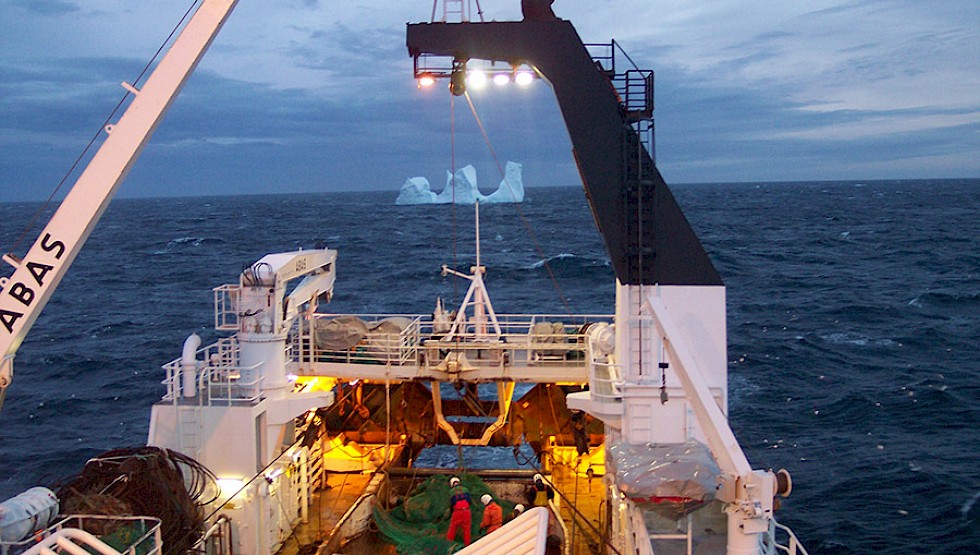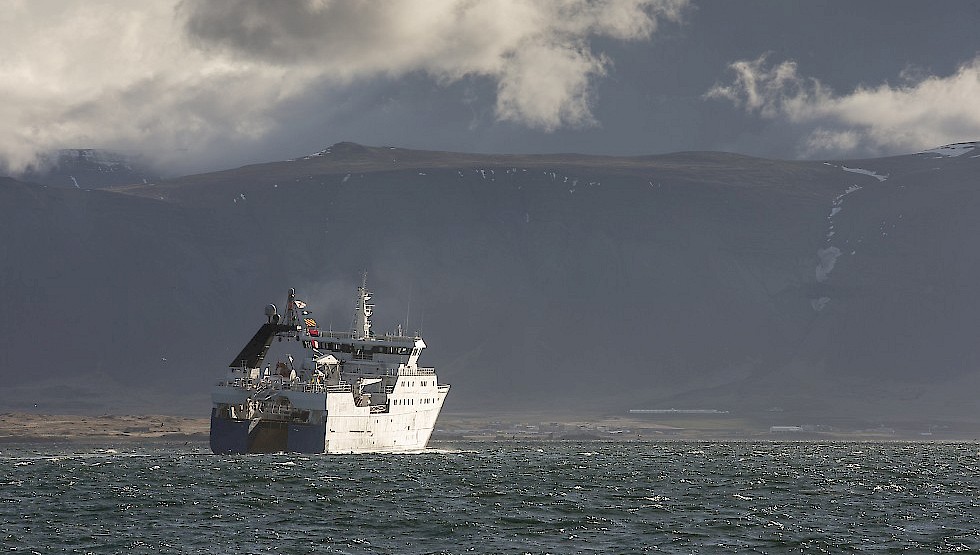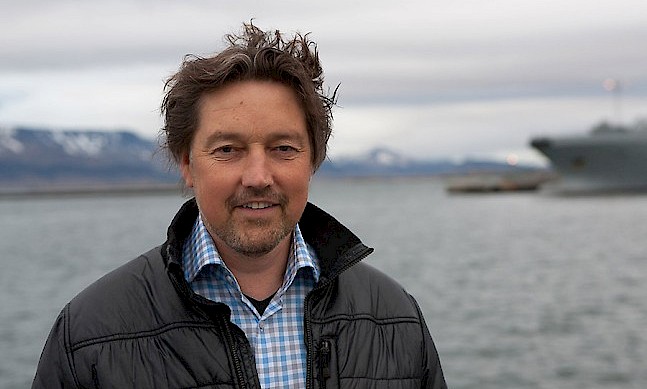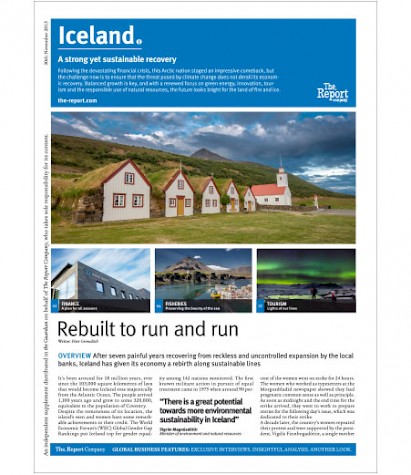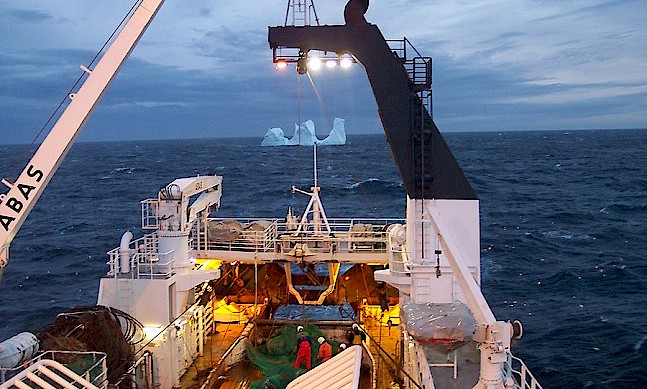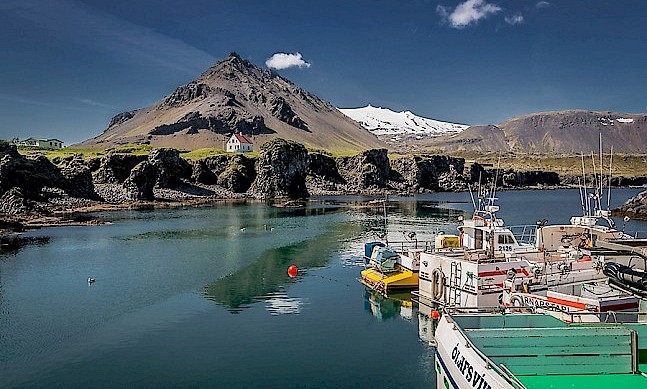Brim Seafood, one of Iceland’s biggest fishing companies, can trace its roots back to 1955. A family-run business, Brim’s success has been built on the core values of owning and utilising reliable vessels and ensuring sustainable fishing practices.
While fishing is arguably Iceland’s oldest and best-established economic activity, constant innovation is needed to keep the industry dynamic. Brim Seafood, which holds around 4.5 percent of Iceland’s total fishing quota through its vessels and various land-based fish processing plants, has achieved annual growth of over 20 percent since 1997, thanks to its commitment to increasing the market’s awareness of its products and its active investment in new product development.
Gudmundur Kristjánsson, who took over the leadership of Brim from his father, is keen to emphasise the firm’s clear quality control policy for fresh and frozen fish products. When mackerel caught in the summer months was skinnier and looser than his export customers required, he implemented a system of cooling tanks, which brought the fish to below-freezing temperatures immediately in order to ensure better quality. And rather than let discarded fish parts go to waste, Brim Seafood decided to set up a computerised drying cabin which dries fish heads for the Nigerian market, which today buys thousands of tonnes from Iceland.
The company emerged relatively unscathed from the financial crisis which roiled Iceland seven years ago thanks to the devaluation of the krona. “We sell our fish in foreign currencies to Europe and the rest of the world. Before, if you sold one tonne of cod for, say, two euros, you would receive 300 kronas. After the devaluation, those same two euros would mean you would receive 400 kronas, so the salary of the fishermen went up,” says Gudmundur.
Indeed, looking after the employees in the fisheries sector is of crucial importance to the company, as the CEO points out. “The fishermen in Iceland are among the highest-paid people in the country. That is how it should be, because we are using a national resource and it is so important that the local people want to work in this sector.”


